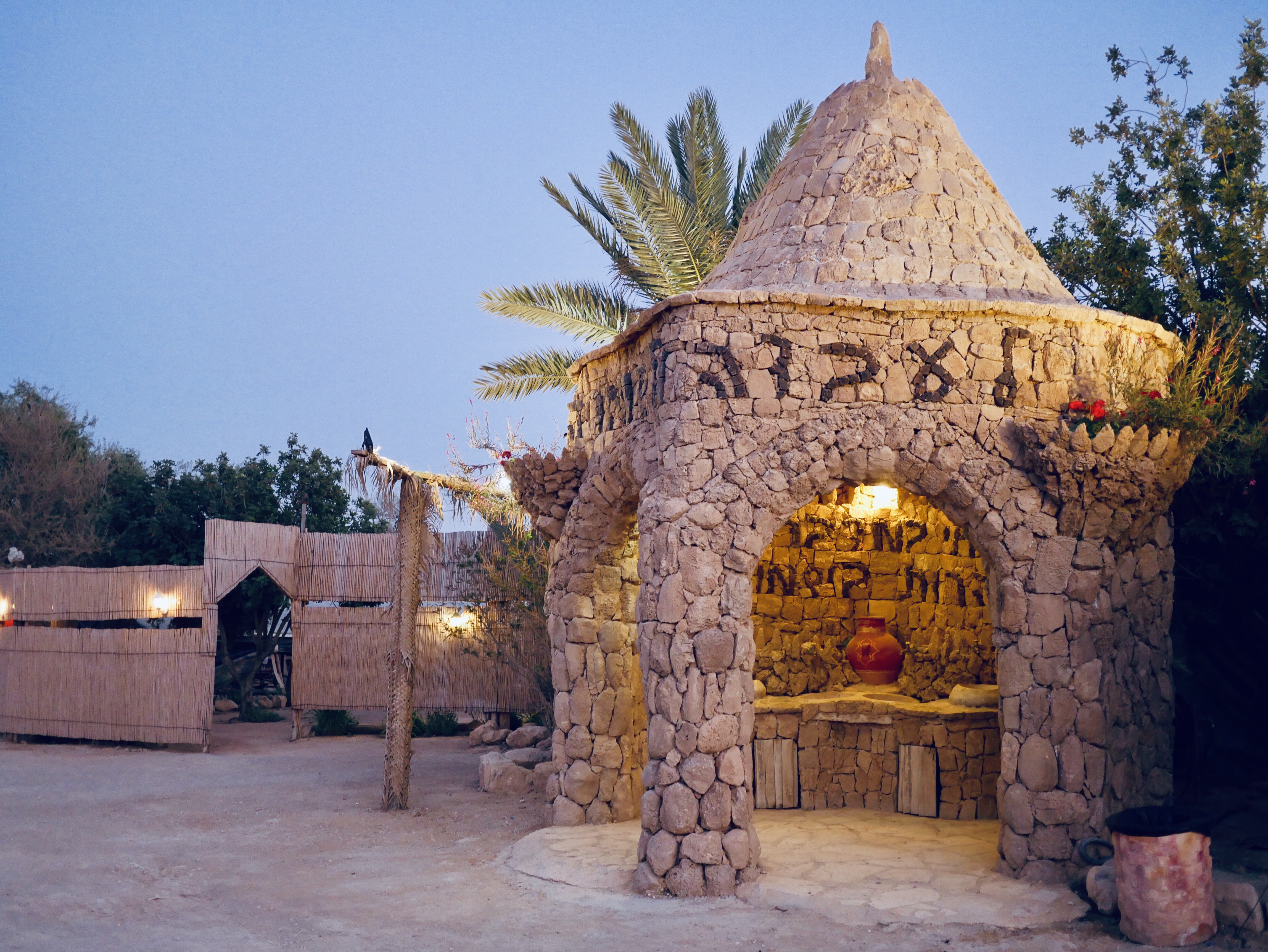
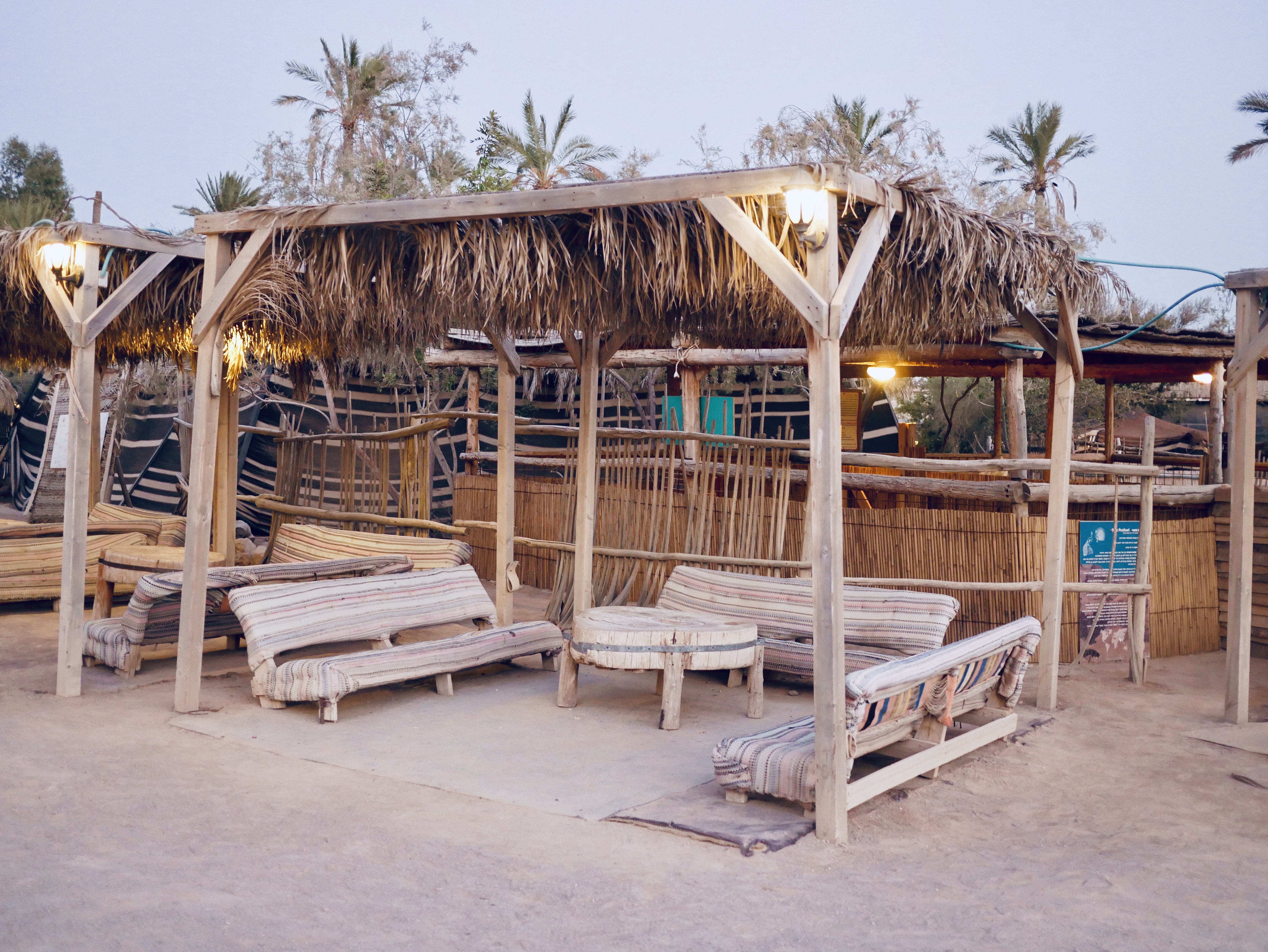
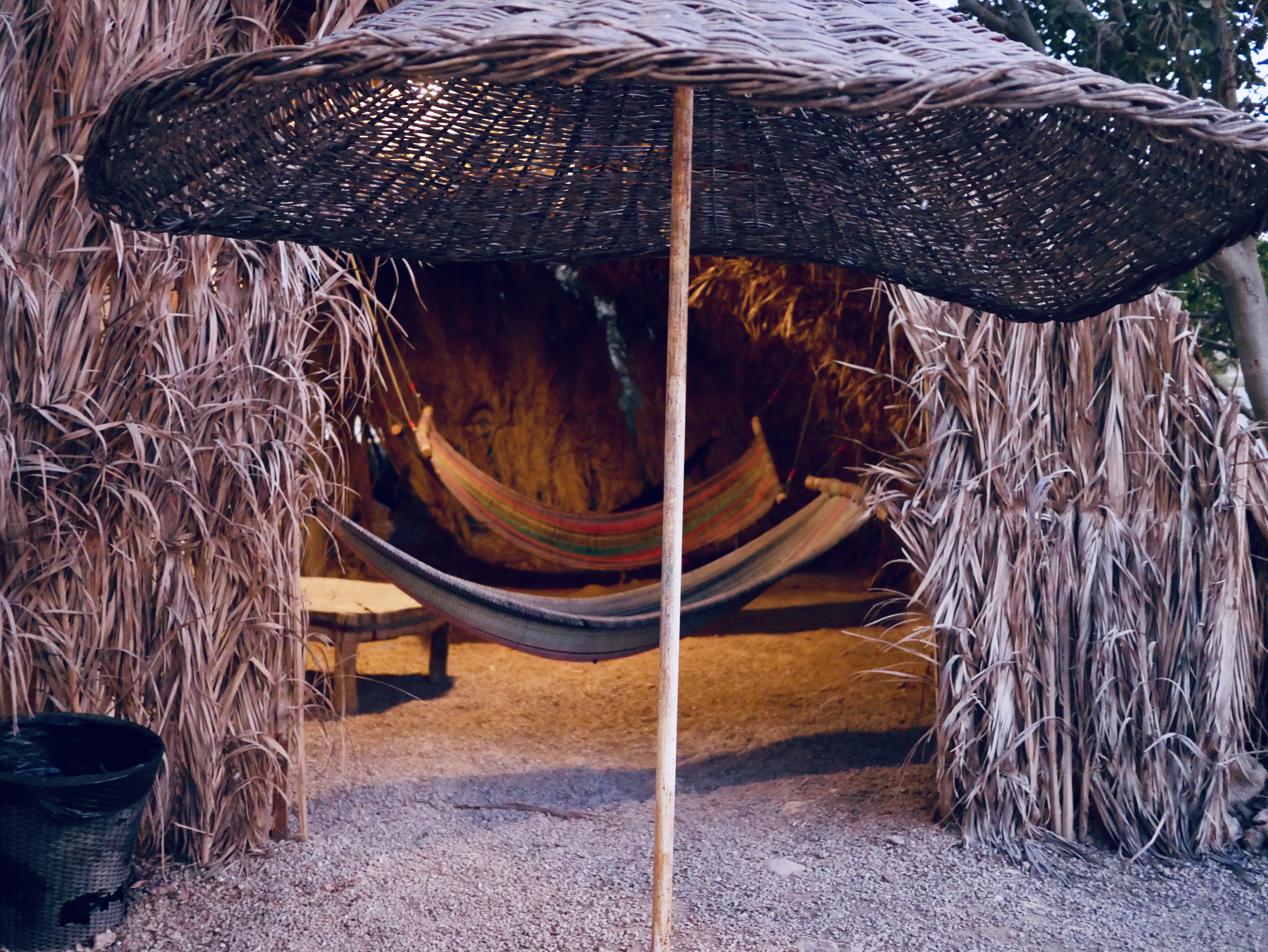
It was my fourth day in Israel, and I had already visited the largest open-air market in Tel Aviv, off-roaded, and floated in the Dead Sea. I marveled at the historic sights of Jerusalem, laid my hands and left a prayer on the Western Wall, and hiked in the biblical oasis knows as the Ein Gedi.
What could possibly top this?!
Try one night under the mauve sky of the majestic, breathtaking, and rarely visited, Judean Desert with the Bedouin tribe.
As we made our way through the Judean Desert, my excitement and curiosity about the night ahead grew. In every direction, as far as I could see, there was nothing but cragged rocks and sand-covered hills. The odd tree or plant was the only indicator of life around me. It was hard to imagine anybody surviving in this extreme landscape – and yet, I knew that is what the Bedouin people have done for centuries.
It was the perfect amount of eerie.
After a long ride in the profoundly peaceful, desolate and deafening silence, the faint flicker of lights appeared. I wasn’t at all thirsty or hallucinating, but it felt like we had stumbled upon a mirage. I leaned forward in my seat, trying to make out the darkened shapes on the horizon. Had we reached glamping heaven?
I was staring at a luxurious tented oasis in the land of the Bible.
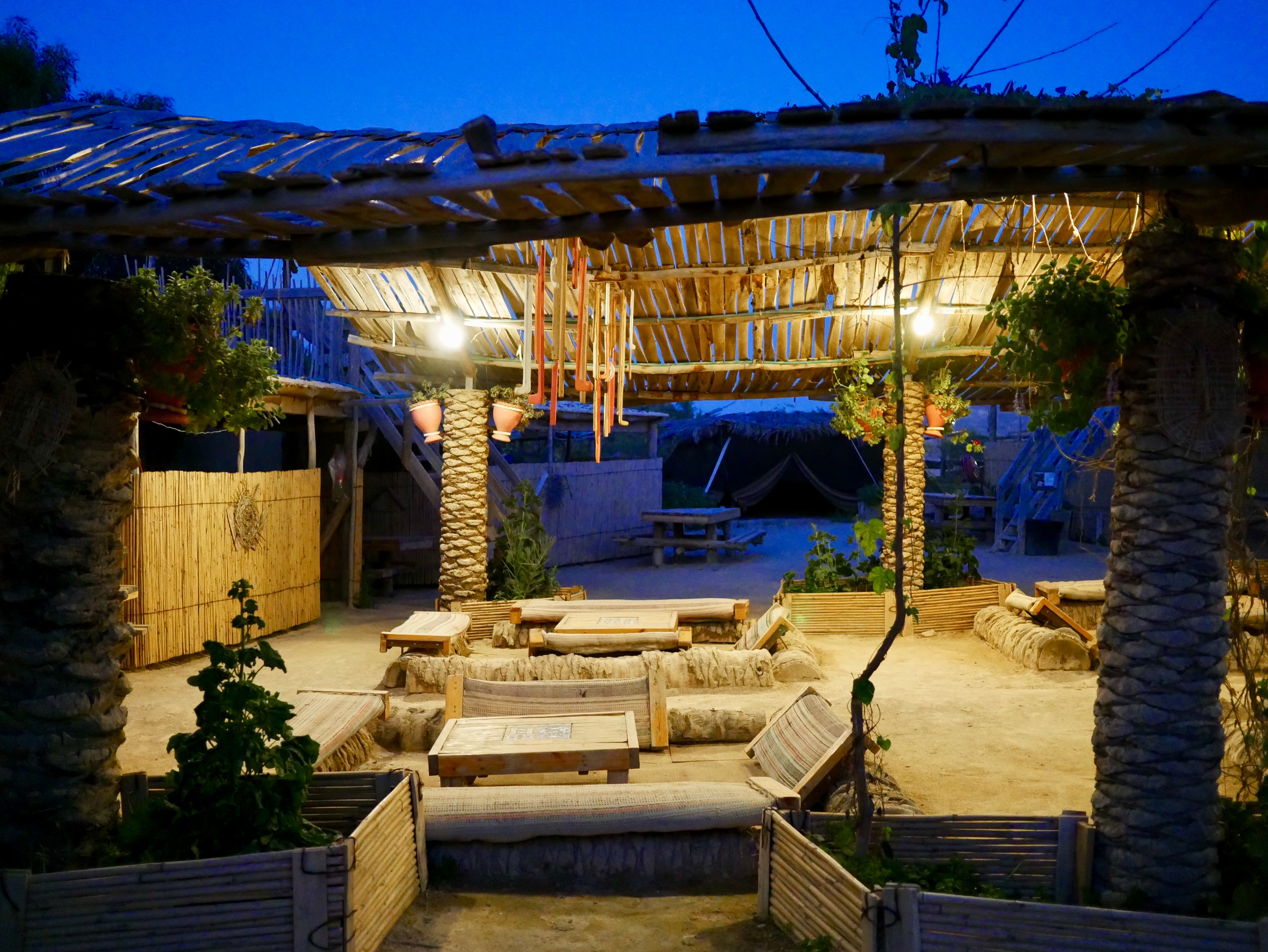
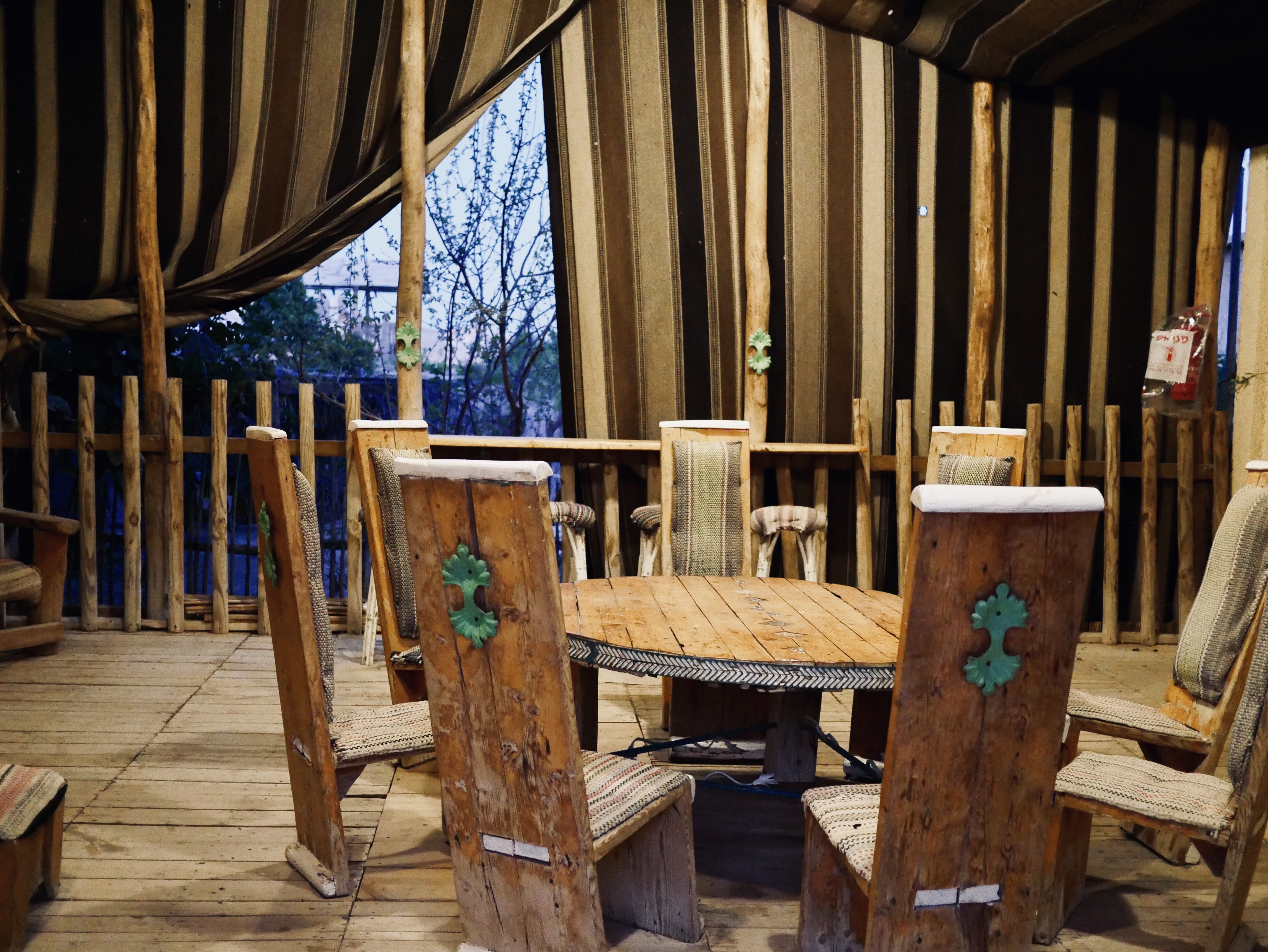
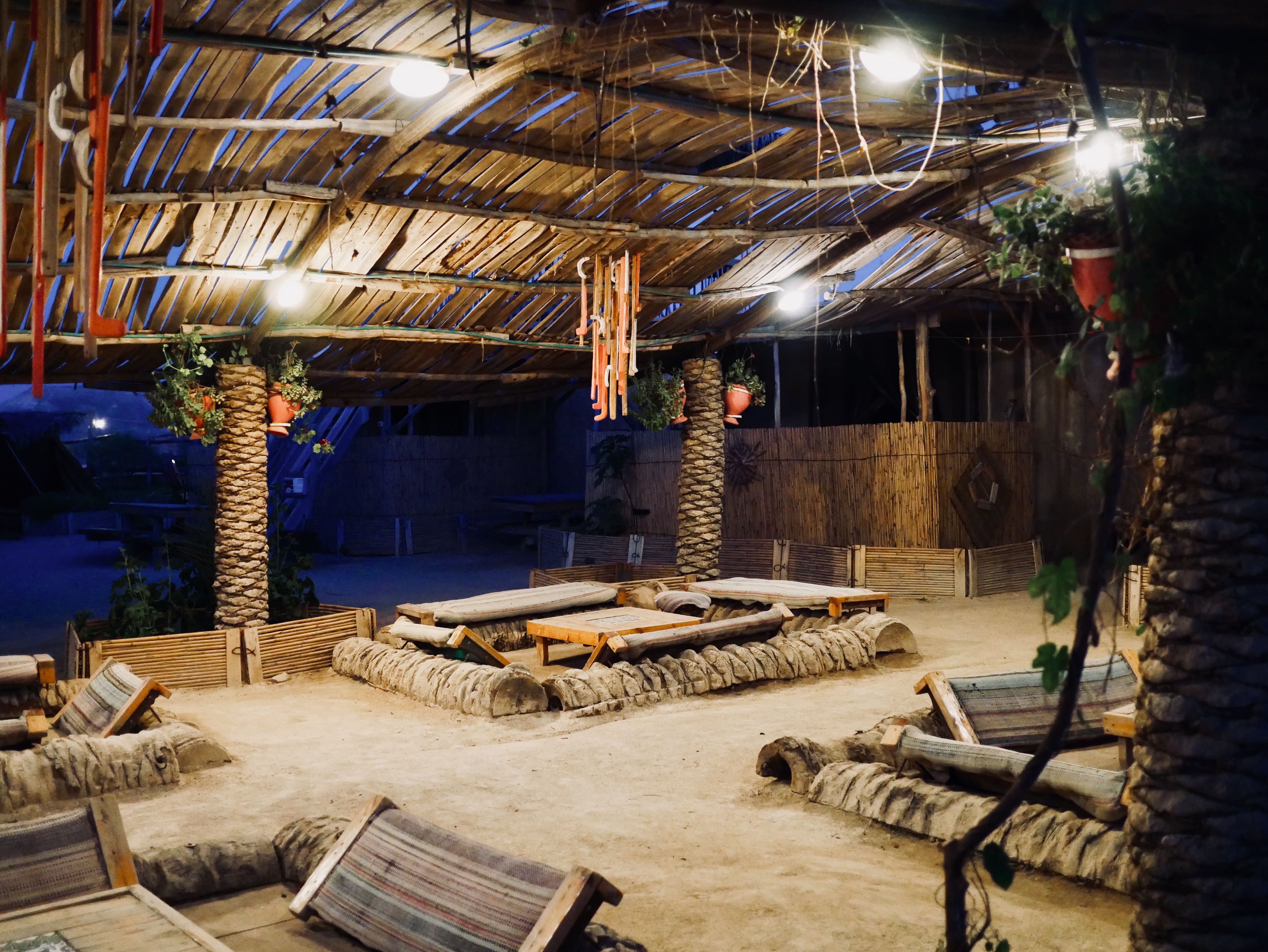
Hallelujah! We had arrived at Kfar Hanokdim, a traditional Bedouin camp nestled between the city of Arad and the ancient citadel of Masada. It was here that I got to experience an unforgettable night of warm Bedouin culture and hospitality. I still dream about the epic food, and killer cafe.
I’m talking life-changing coffee folks.
As we walked through the entrance to the camp, I got my first look at the traditional buildings. Every build included natural textures such as stone, wood, salt crystal, and goat hair, as the coverings. The guide at the camp explained to us that the goat hair of these desert dwellings kept those inside warm at night and in the winter, and the thick woven material prevented dust from coming in on windy days.
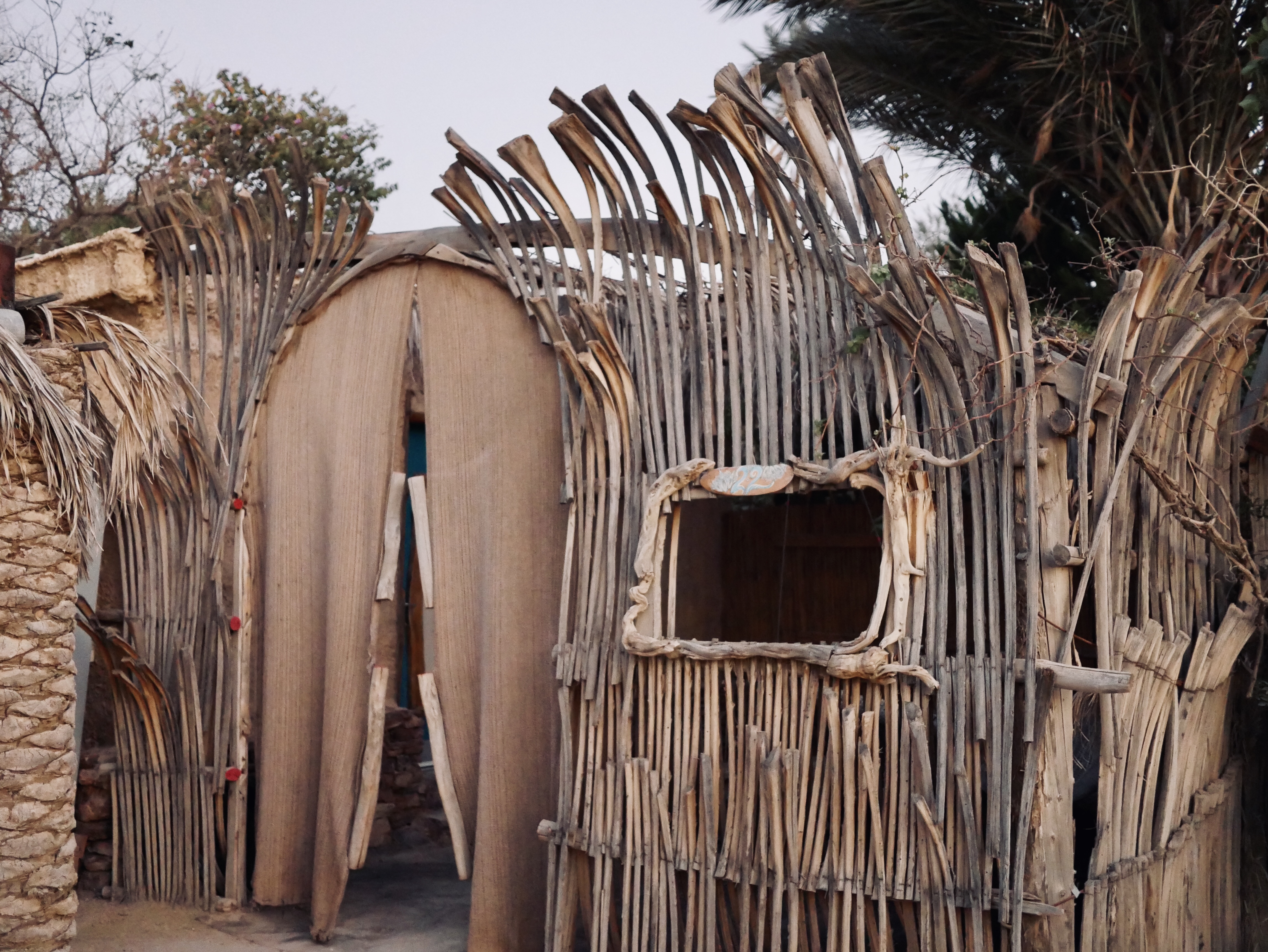
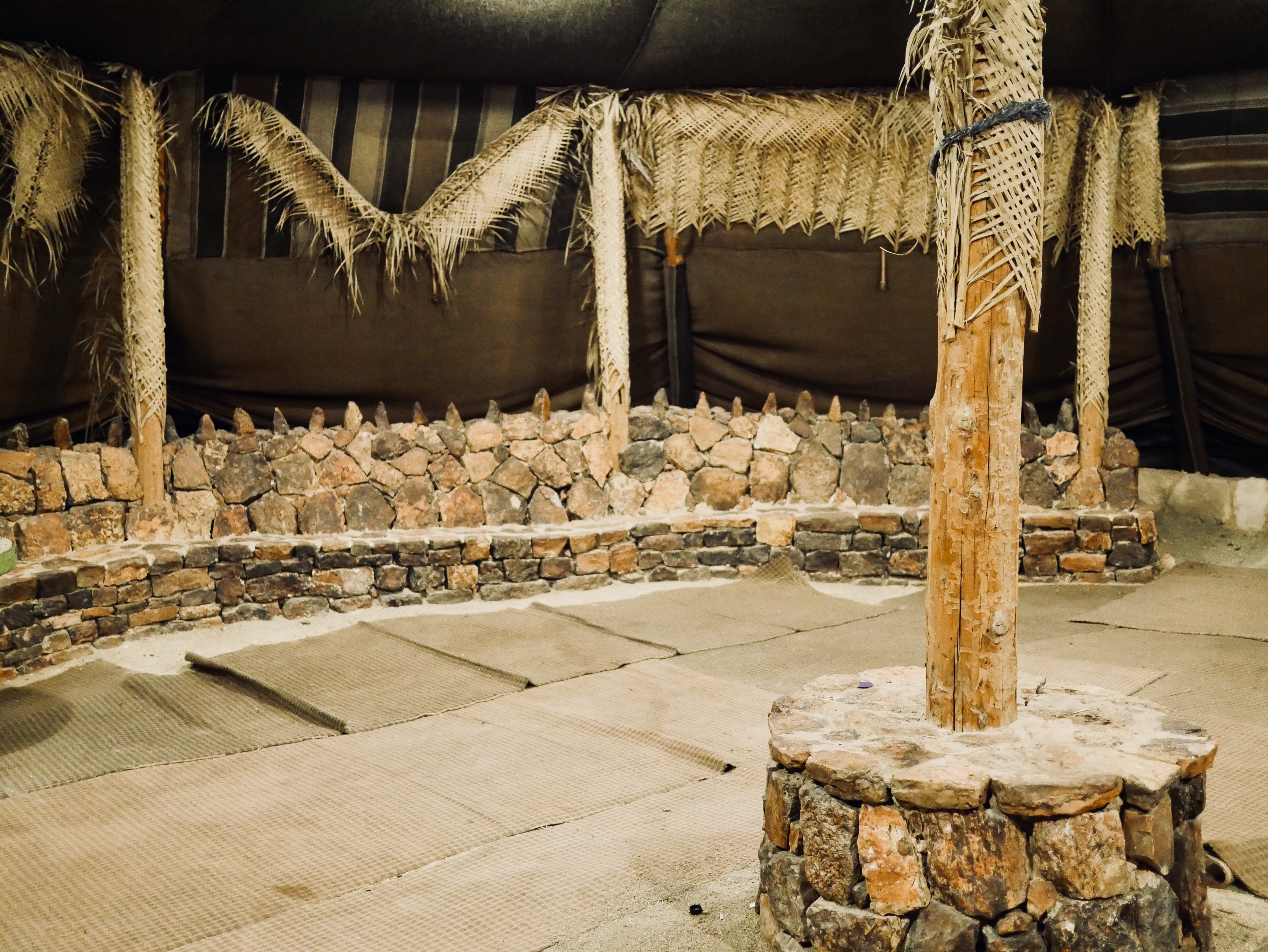
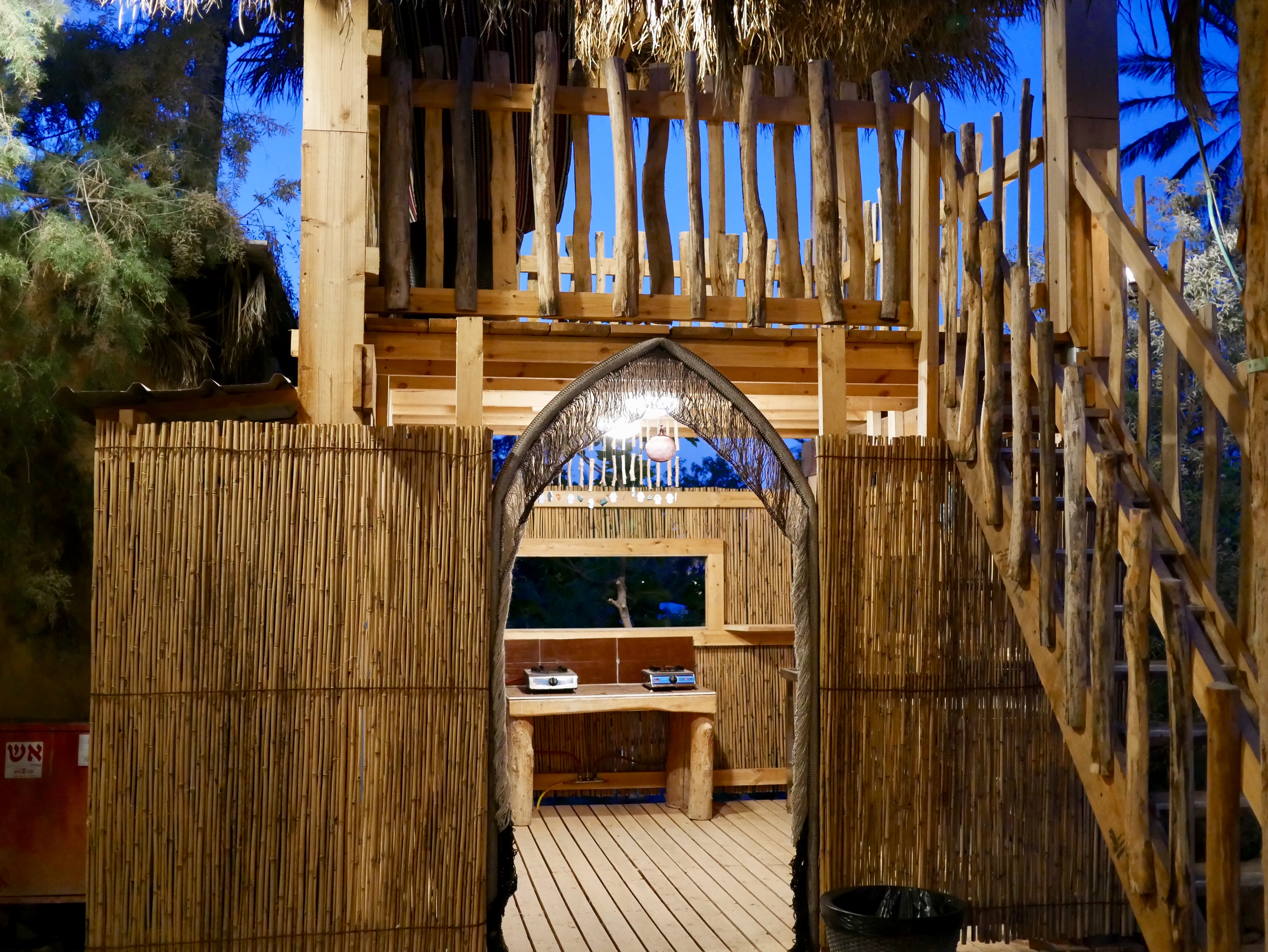
Modern-day housing can learn a thing or two from the Bedouin builders.
Perhaps it was the warm smile of our host or that snuggly goat hair, but I immediately felt a sense of calm and warmth — a real home in the desert. I started to experience what pure silence sounds like, and the therapeutic benefits of immersing yourself to rhythms of nature.
Goodbye wifi. Hello, real-life conversations.
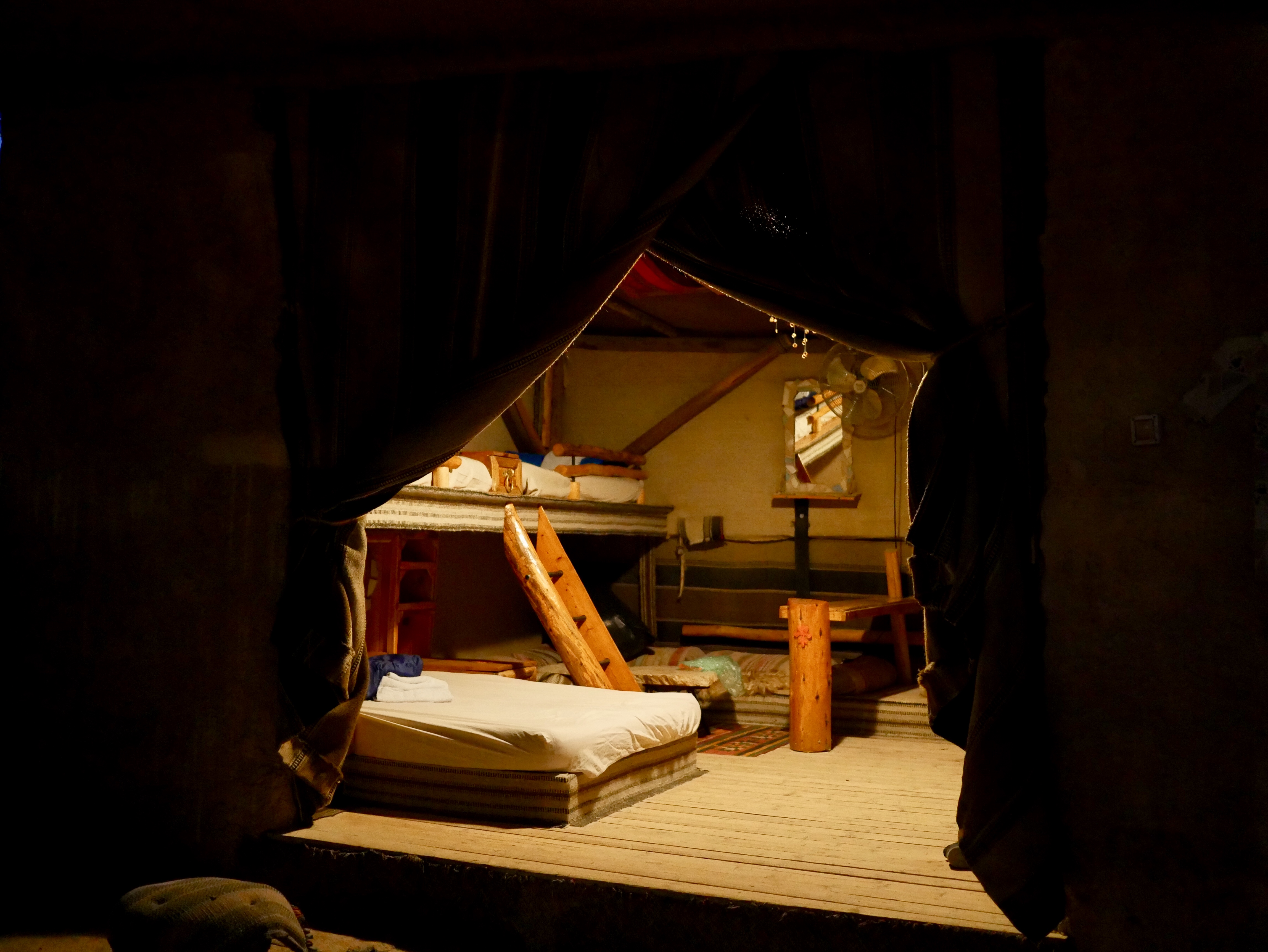
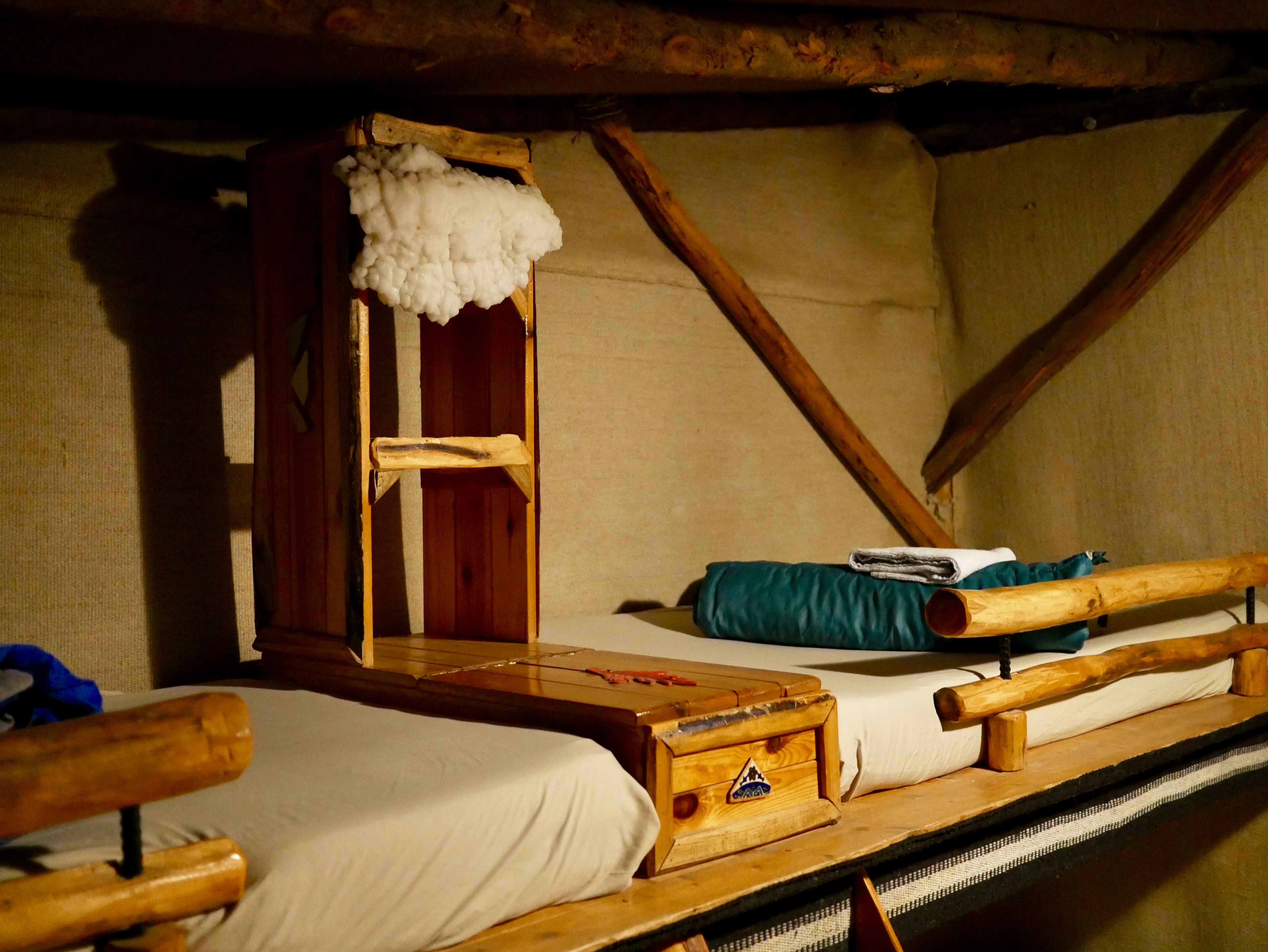
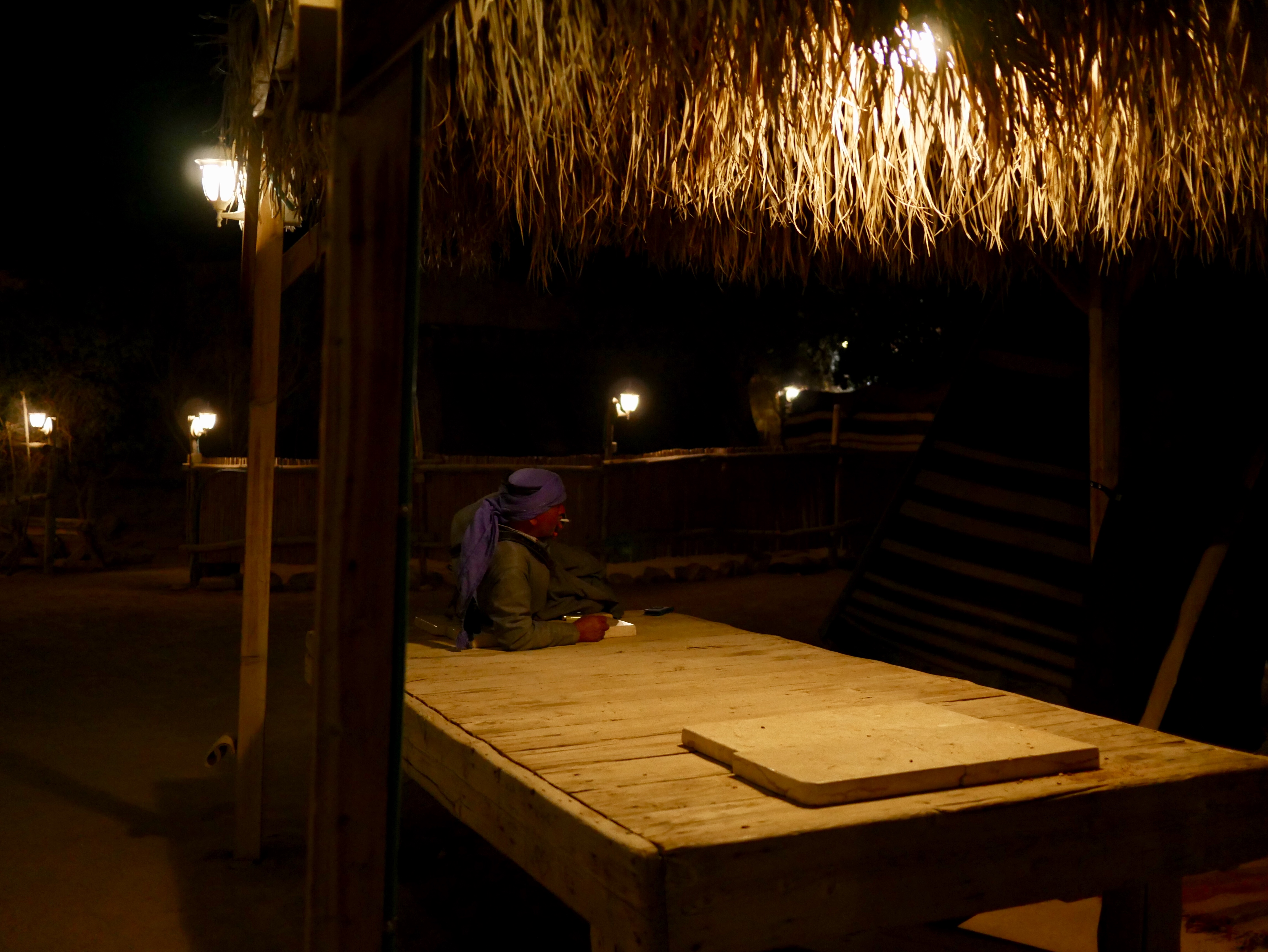
For those of you hyperventilating at the thought of spending one night without your beloved device, I promise you that you will be pleasantly delighted with the digital desert detox. It felt so great to converse with other humans, learn about the Bedouin culture, indulge in great food and coffee, stare into the fiery desert sky, and sit by the crackling fire.
The Bedouins don’t need meditation apps. They have the desert.
After a tour of the premise, our guide led the group to a table set with the most delectable assortment of traditional Bedouin foods. Colorful salads and enticing dips; aromatic stews and flatbread – and out of nowhere a large circular bin filled with vegetables, rice, and meats.
It was a feast fit for royalty.
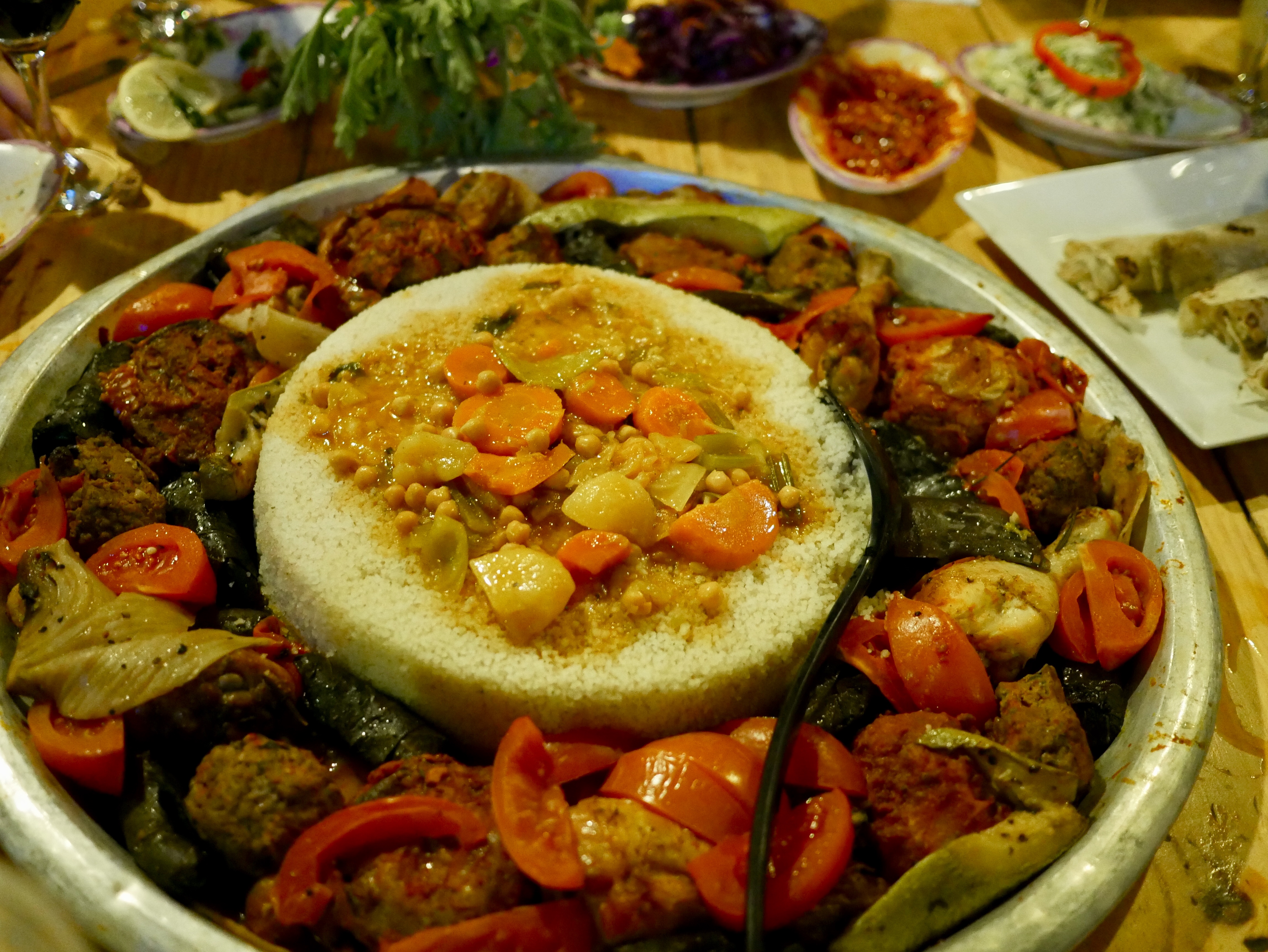
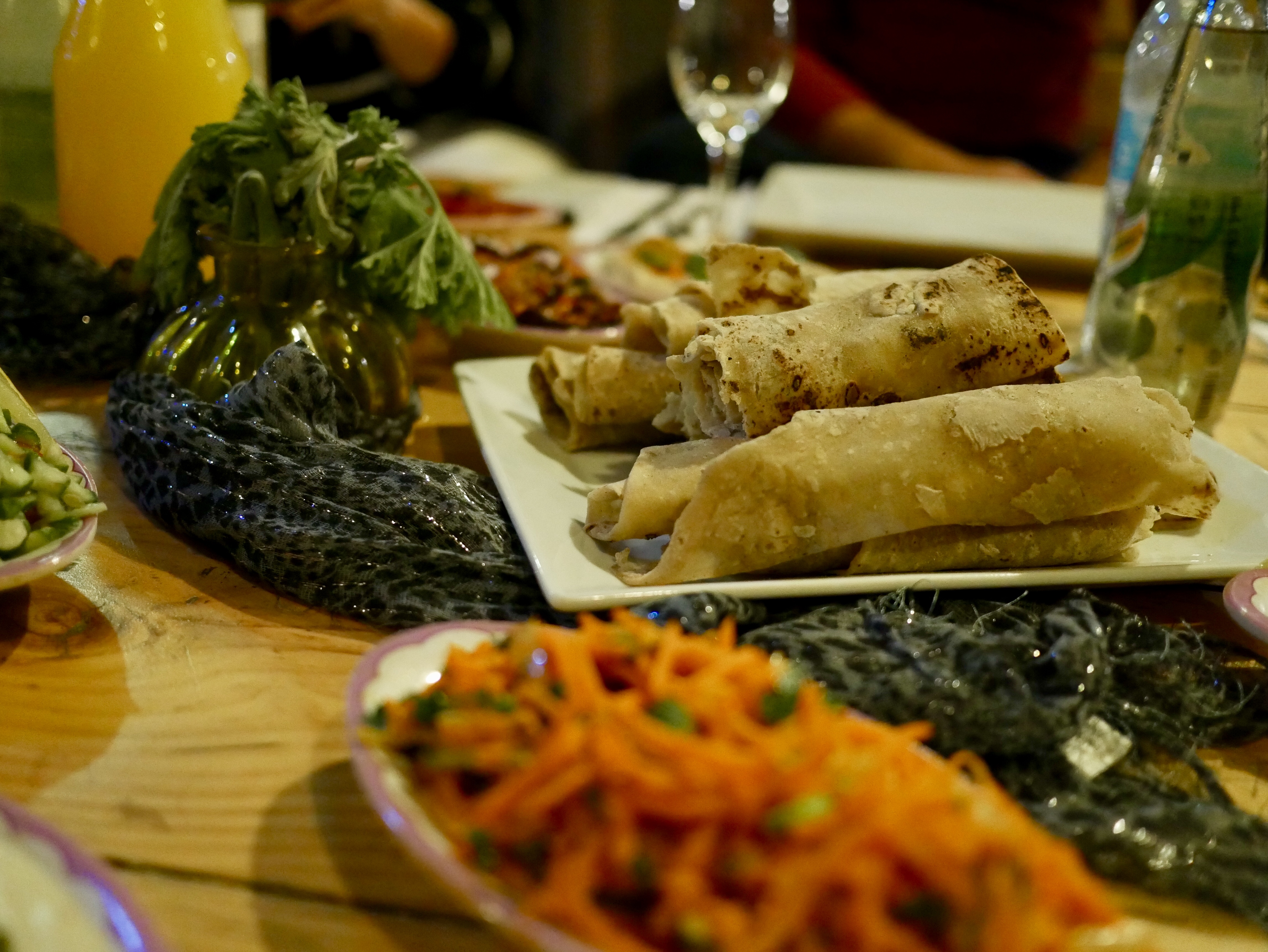
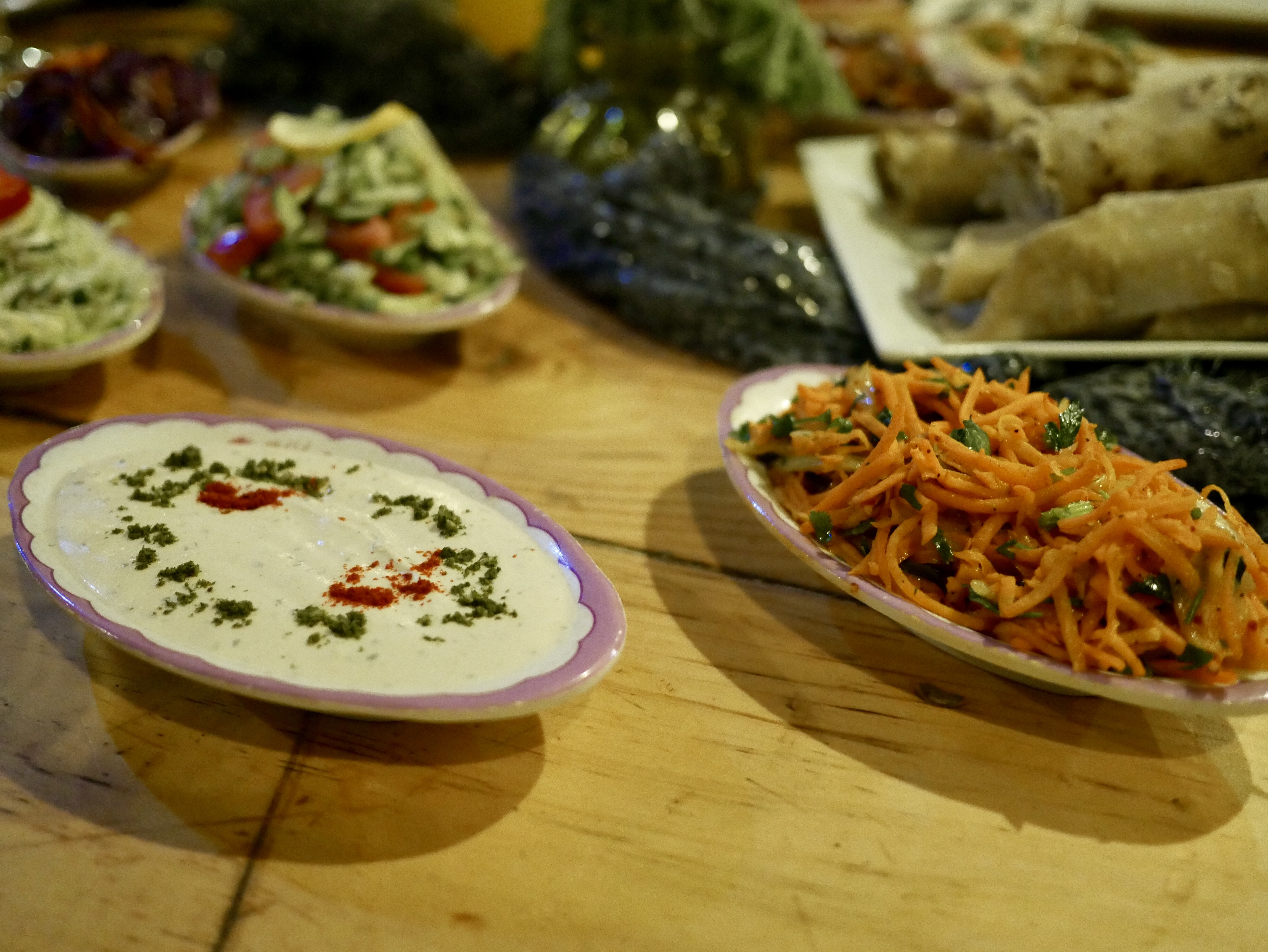
After dinner, we took a seat in the largest of the communal tents. Our host, Joni Gritzner, introduced us to an older Bedouin man. In soft but melodic Arabic, with our host translating, he began to tell us about the Bedouins.
In awe, I listened as he told us about the legendary hospitality of the Bedouins. I was fascinated to learn about their day to day life and delighted to hear that a Bedouin tent is never without tea or coffee. A rule to live by, in my opinion.
There was one particular thing he said that struck me. He explained the Bedouin way was to always invite in guests in need of hospitality, even if those guests were your enemies. “Even if they hate you,” he stressed. I found this gesture so honorable and exemplary of how humans should be behaving. This selfless conduct seemed to sore above any technological advances of our modern, frantic, and busy world.
It turns out we aren’t as advanced as we think.
Bedouins are taught to respect all, even those they consider to be enemies – a valuable lesson.
After hearing so much about Bedouin hospitality and their love of coffee and tea, it was finally time to indulge in a cup of freshly ground coffee.
When I say fresh, I mean real-time grinding of local beans in a Bedouin-style mortar and pestle. Even the grinding itself had a melodic and hypnotizing rhythm. This rhythm for coffee making serves the purpose of notifying those nearby that a delicious brew would be ready soon.
No coffee machine, no grinder, no Evite.
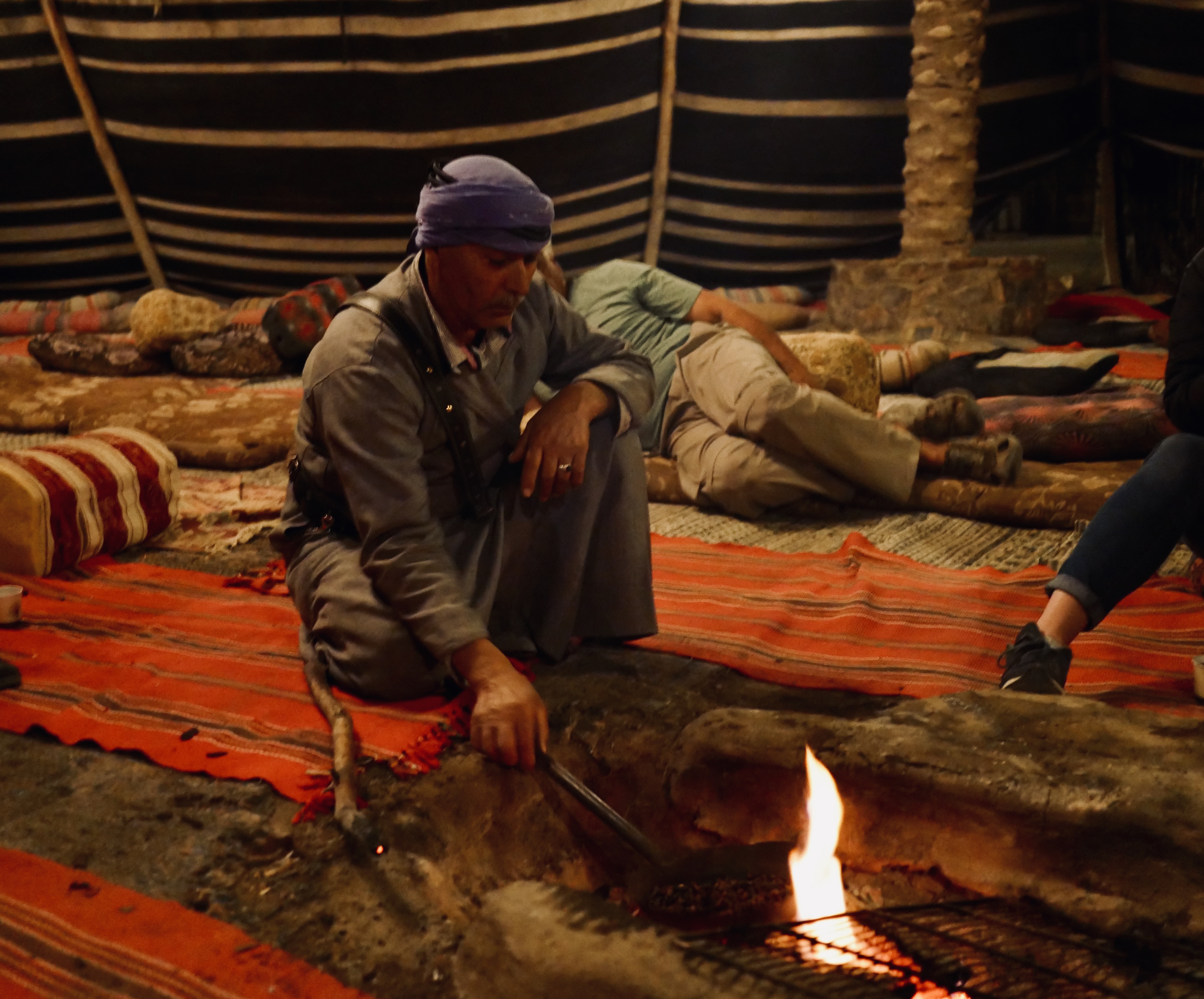
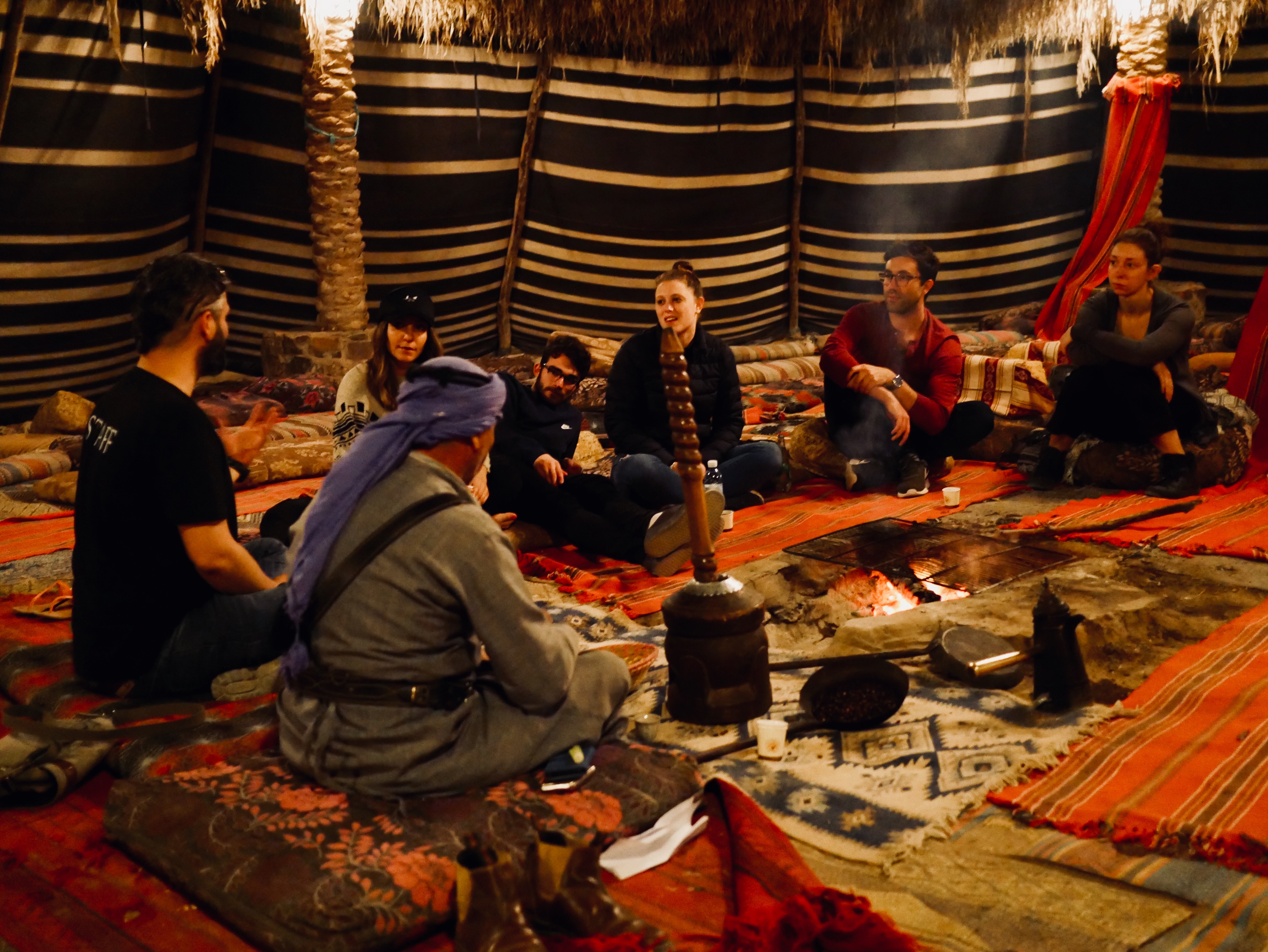
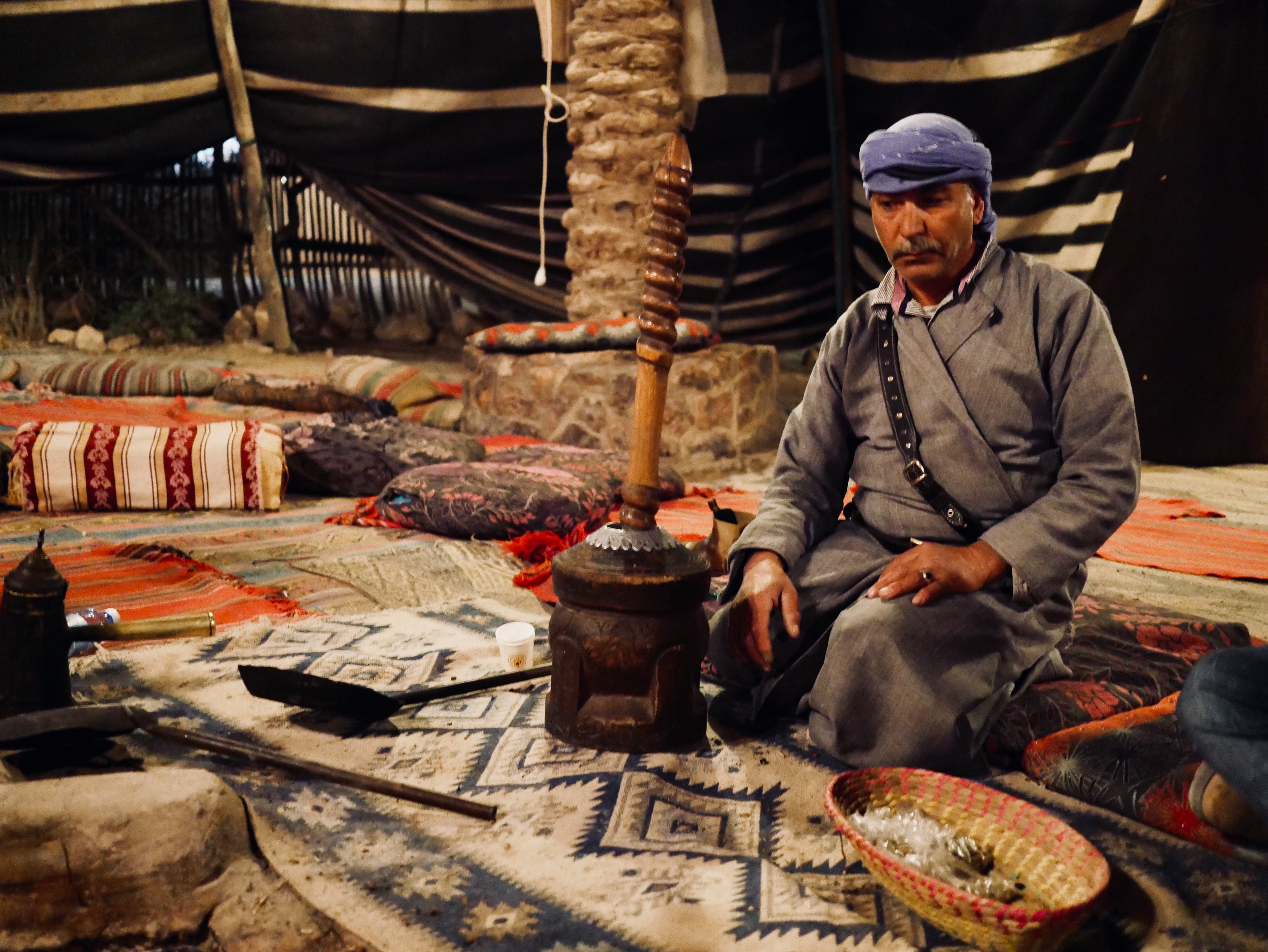
Although, the Bedouin did warn us that the coffee would be as bitter as the desert. But given how much I love the desert and its beauty, it was no surprise that I also fell in love with these bitter beans. Bitter never tasted so sweet!
As we soaked up more Bedouin tales in the tent, the sun quietly disappeared from the landscape. In its place, appeared a dazzling and mystical night sky.
I wanted to somehow drape this magical tented oasis over me, and take the peace and stillness with me.
Settling into my comfortable and dreamy bed, wearing only the faint smell of smoke in my hair, I filled up with immense gratitude.
The sleep that followed would be one of the deepest of my life.
Shrukan Israel.
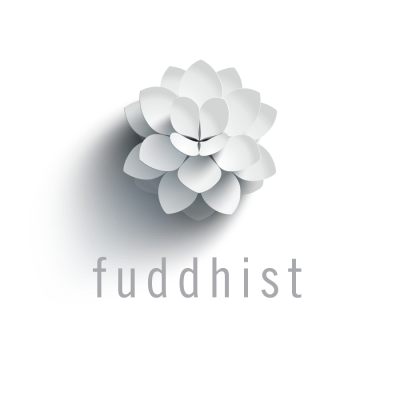
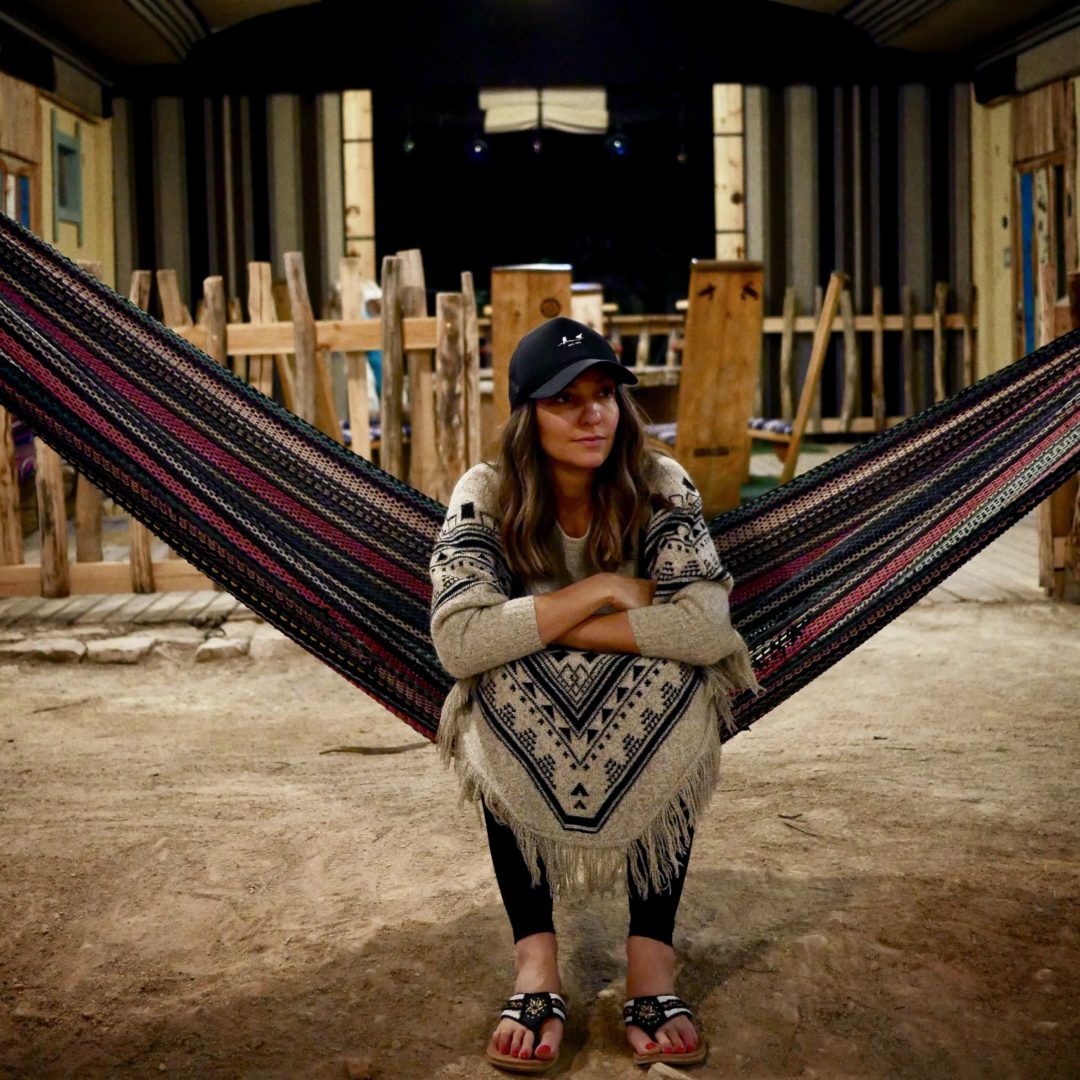
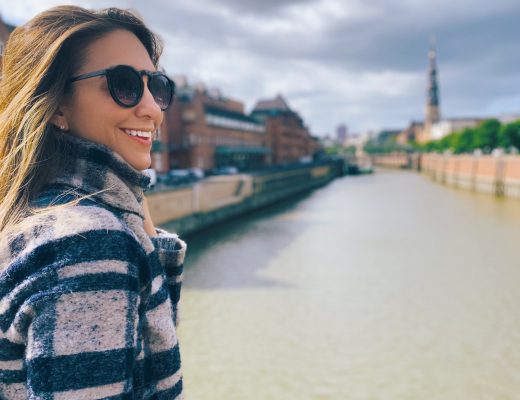
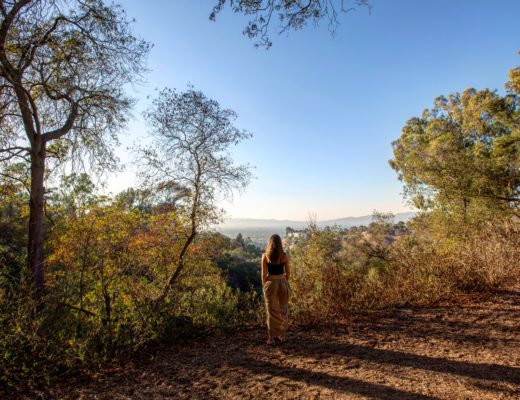
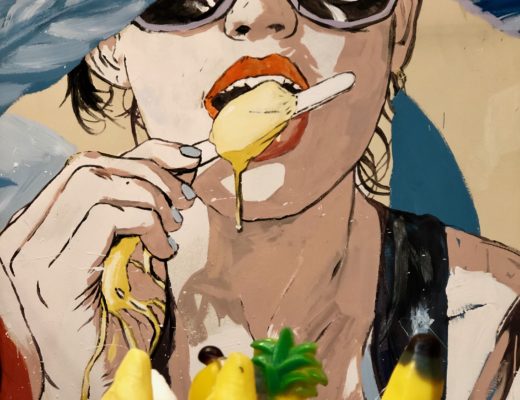
No Comments